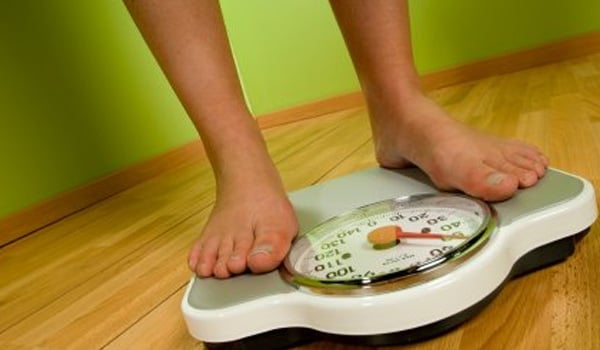Health Photos
-
Stress affects many things in our lives, including our periods. Stress decreases the amount of a hormone called GnRH, which causes us to not ovulate or menstruate. Consult your doctor to figure out what you need to do to relax and get your regular menstrual cycles back.
-
A sudden, short illness like fever, cold, cough etc. or even a longer illness can delay your periods. This is usually temporary and once you recover from the disease, your periods get regular.
-
Changing schedules, which can involve working night shifts, going out of station or even a wedding at home, can throw off your body clock. Your periods usually get back to normal when either the body gets used to the changed schedule or when you come back to your normal schedule.
-
Birth control pills and certain other medications can change the menstrual cycles and cause missed/delayed periods. The doctor should be reported about the same.
-
Being overweight can lead to irregular menstrual cycles and cause periods to get delayed as well as missed.
-
If you do not have enough body fat, you will not have regular periods, sometimes you can eve cause your periods to stop all together. This is called amenorrhea. So, a healthy weight is essential for regular periods.
-
Pre-menopause is time where a woman starts transitioning from reproductive age to a non-reproductive age. As a result, the periods may turn lighter, heavier, more frequent or less frequent.
-
A missed period might be because of pregnancy. A home pregnancy test or urine test can help you determine whether you are pregnant or not.
-
Hormone imbalance can also cause missed periods. In teenagers, polycystic ovary syndrome is the most common type of hormone imbalance that affects the menstrual cycle.
-
During the first couple of years of menstruation many teenagers have irregular periods. During this time the body's hormones are not yet finely tuned, so the ovaries may not release an egg once every month. As a result, your cycles may be irregular, occurring as close together as 2 weeks or as far apart as 3 months.












